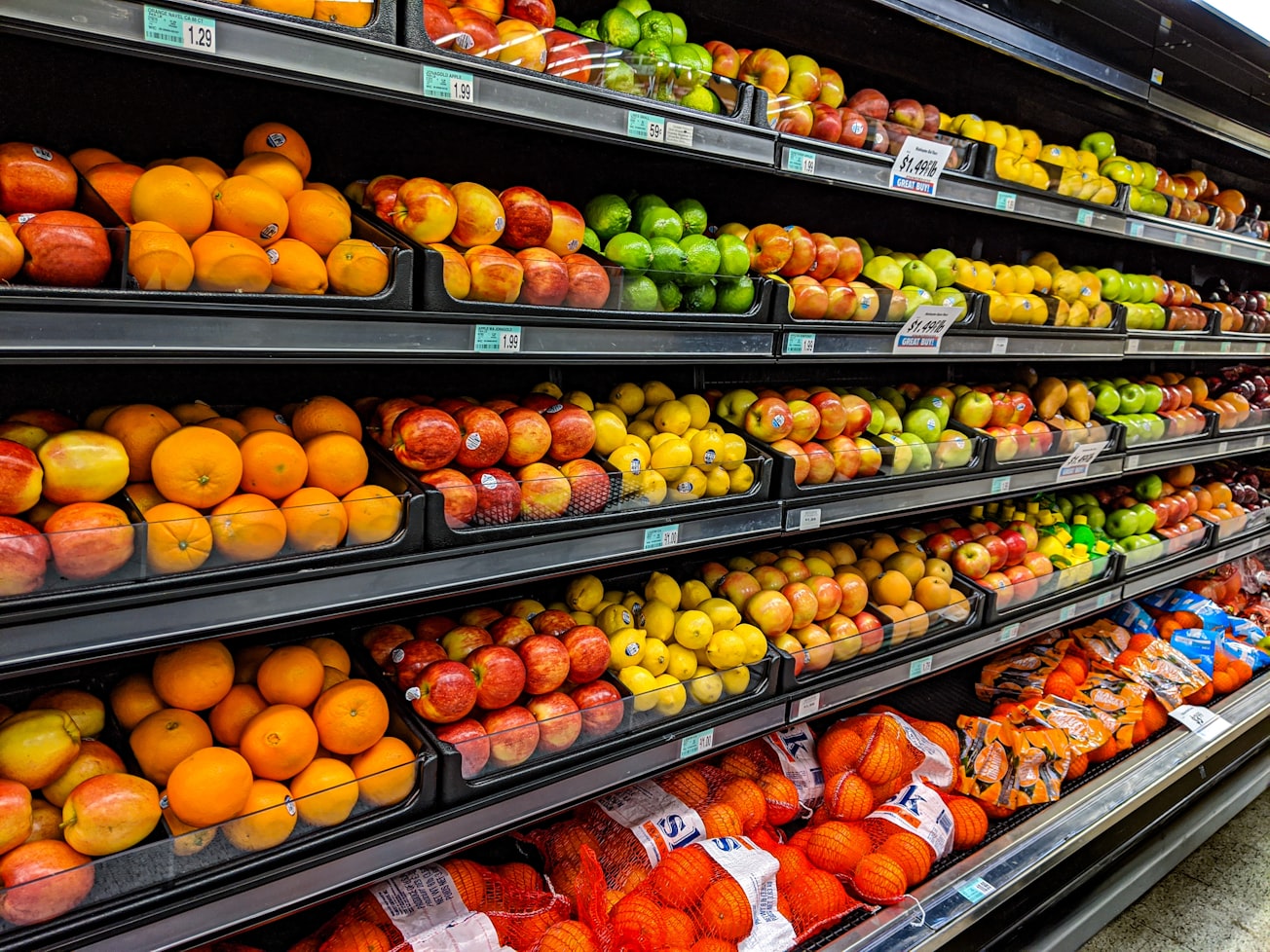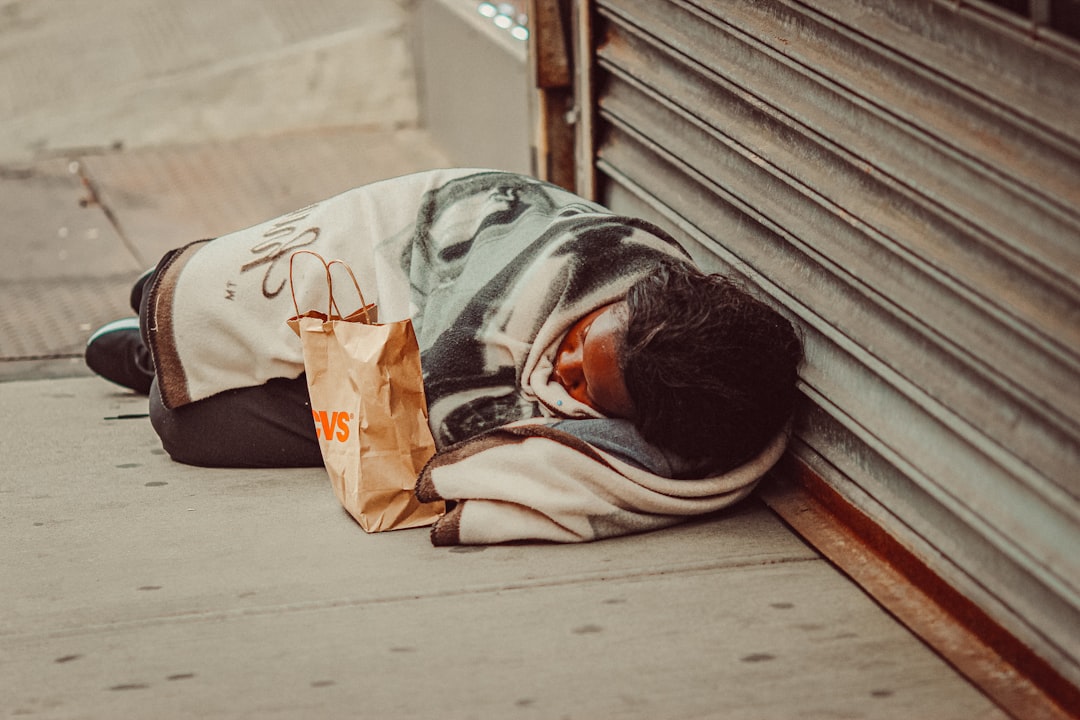What is it about?
SNAP benefit restrictions based on criminal convictions, which fail to prevent recidivism, promote public safety, or relate to underlying crimes. Policy improvements, administrative flexibility, and cross‐sector collaboration can facilitate SNAP benefit access, plus safer, healthier transitioning from jail or prison to the community.
Featured Image

Photo by gemma on Unsplash
Why is it important?
Food insecurity, recidivism, and poor mental and physical health outcomes are associated with such bans. Several states have overturned SNAP benefit bans, yet individuals with criminal convictions are still denied benefits due to eligibility criteria modifications. COVID-19 has impaired lower-income, food-insecure communities, which disproportionately absorb people released from prison and jail. Reentry support is sorely lacking. Meanwhile, COVID-19 introduces immediate novel health risks, economic insecurity, and jail and prison population reductions and early release. Thirty to 50 percent of people in prisons and jails, which are COVID-19 hotspots, have been released early (Flagg & Neff, 2020; New York Times, 2020; Vera, 2020).
Perspectives
Many policymakers, researchers, practitioners, politicians, and advocates support bipartisan criminal legal system reform efforts, such as alternatives to incarceration, drug policy reform, and decarceration, alongside addressing mass incarceration's collateral consequences, such as food insecurity (Johnson & Beletsky, 2020; USCCR, 2019). The flexibility of the Families First Coronavirus Response Act to provide emergency SNAP supplements and ease program administration during the pandemic combined with the U.S. Commission on Civil Rights calls for Congress to eliminate SNAP benefit restrictions based on criminal convictions provide critical, timely guidance. Remaining SNAP bans and restrictions, which do not enhance public safety or rationally relate to original offenses, impede people with criminal convictions from safely and successfully reentering society. The COVID‐19 pandemic has opened the Overton Window in framing social safety net reforms as acceptable policy positions across the criminal legal system. Policy improvements, nondiscrimination, and cross‐sector collaboration are critical to ensure expedient access to SNAP benefits and to best support healthier, safer transitions from jail or prison to the community upon release.
Robert Wood Johnson Foundation Health Policy Research Scholar Cynthia A Golembeski
The New School
Read the Original
This page is a summary of: Food Insecurity and Collateral Consequences of Punishment Amidst the COVID‐19 Pandemic, World Medical & Health Policy, December 2020, Wiley,
DOI: 10.1002/wmh3.378.
You can read the full text:
Resources
The American Families Plan Restores SNAP Eligibility for People with Drug Felony Convictions. The American Families Plan restores eligibility as part of “an investment in our kids, our families, and our economic future.”
SNAP and TANF restrictions provide a useful window into the insidious and spiteful nature of some collateral consequences of criminal convictions. US Commission on Civil Rights.
Food Insecurity and Collateral Consequences of Punishment Amidst the COVID-19 Pandemic.
Golembeski, C. A., Irfan, A., & Dong, K. R. (2020). Food Insecurity and Collateral Consequences of Punishment Amidst the COVID-19 Pandemic. World medical & health policy, 12(4), 357–373. https://doi.org/10.1002/wmh3.378
Contributors
The following have contributed to this page










